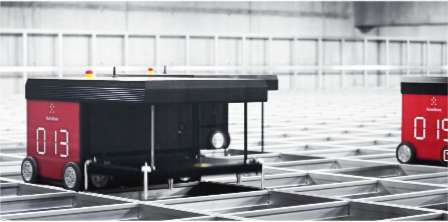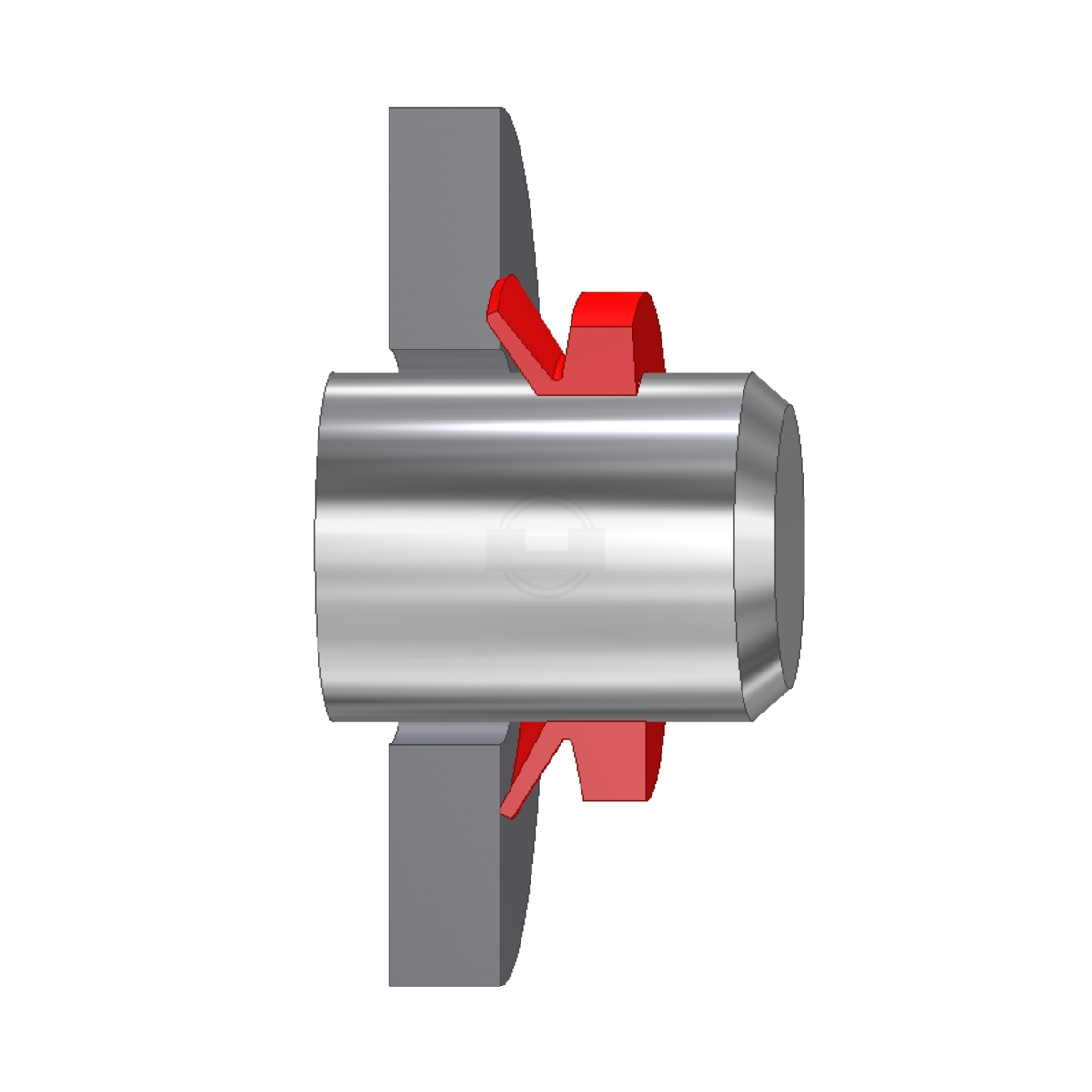

Rotary Seals V-ring VA
The V-ring VA is an axial sealing, single-acting sealant for non-pressurized shaft and bearing sealing applications. In contrast to radial oil shaft seals, V-rings seal against the vertical arranged front surface. When mounting, the V-ring VA is to be expanded on the inner diameter and ensures a tight fit on the shaft.
The V-ring VA is particularly suitable for high speed rotation. It is characterized by high maneuverability and flexibility and also provides sealing against dust and splashing water from outside. Standard elastomer materials are NBR with ozone resistance and FKM. Further materials are available upon demand.
V-ring VA
Technical values
up to 12 m/s with axial fixation
up to 12 m/s with axial fixation
Technology - General sealing topics, special constructions
Head of Engineering
Our Logistics – Your Service

Innovative, environmentally friendly and efficient
In addition to innovative techniques, our logistics has 2,870 sqm of process surface. We have the world's first AutoStore storage system on two levels. Both grits are connected to each other by means of special lifters. In total, up to 31,000 containers can be stored in a very confined space. Due to this subdivision, up to 240,000 storage areas can be managed most efficiently.




